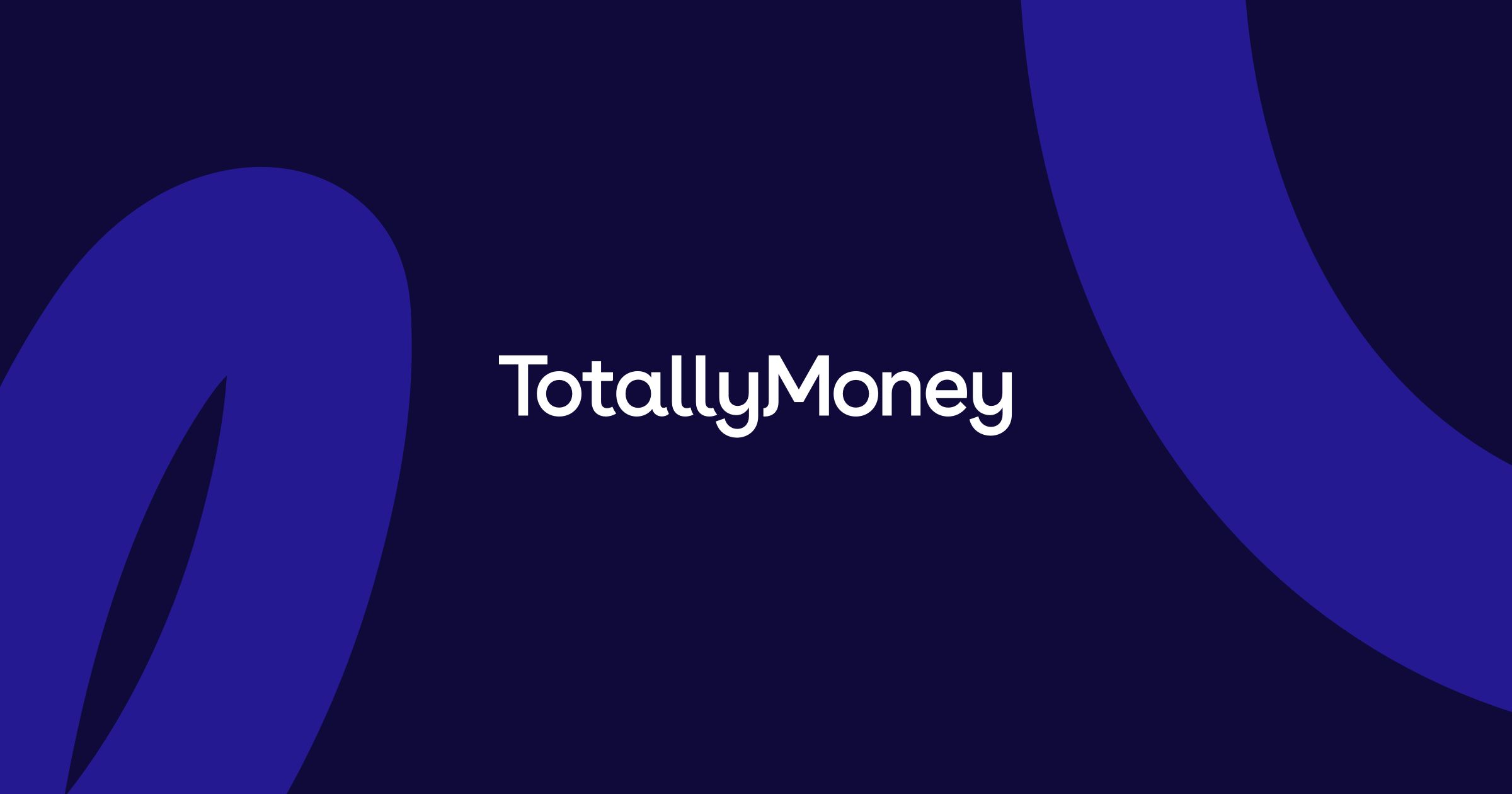Looking for your dream home but don’t have all that much money available for a deposit? Then a 95% mortgage may be for you.
Such mortgages can give you a leg-up onto the property ladder much sooner than expected, and with the government’s ‘Help to Buy’ scheme this is easier than ever. But with a smaller deposit comes larger risks, so they aren’t for everyone.
What is a 95% mortgage?
The loan-to-value or LTV of a mortgage is the amount you can borrow in relation to the value of the property. For example, if you are buying a property for £200,000 and borrowing £160,000 (with a £50,000 deposit), your LTV is 80%.
Every mortgage deal on the market will state a maximum LTV that they will allow. For example 60%, 80%, 95% etc.
95% mortgages mean that you put down a 5% deposit and get a mortgage with an LTV of 95%. Currently 95% is the highest LTV available on the mortgage market.
If you’re struggling to save for a deposit 95% mortgages might be a good option but otherwise they are more expensive than mortgages with a lower LTV.
What are the risks of a 95% mortgage?
If you buy a £200,000 property with a 5% deposit (£10,000) and 95% mortgage (£190,000). If house prices fall in a year’s time the property might be worth just £180,000. Such a fall would land you in negative equity, making it impossible for you to move house or remortgage until your negative equity is dealt with.
Such a possibility makes people with 95% mortgages a greater risk to the lender as if they stop repayments merely repossessing the house won’t recoup your borrowings.
95% mortgages are at their best therefore when house prices are rising.
Help To Buy
The Government has introduced a scheme called Help To Buy to encourage more lenders to offer 95% mortgages so people with small deposits or low amounts of equity can buy a house or move house.
There are two parts to the scheme: equity loans and mortgage guarantees.
Help to Buy equity loans
Help to Buy equity loans are only available to people who want to buy a new build property. You’ll need to save a 5% deposit and the Government will lend you 20% of the property’s value. You then only need a 75% LTV mortgage.
The equity loan is interest-free for five years – but there are fees after that. The loan needs to be repaid when you sell your home or when the mortgage ends in 25 years’ time.
Help to Buy mortgage guarantee
The Help To Buy mortgage guarantee is more similar to getting a normal 95% mortgage.
It works like this: the borrower puts down a 5% deposit and borrows 95% of the property’s value. The Government then guarantees the “top slice” of the mortgage above 80% LTV.
In the event the borrower defaults on the mortgage payments and the property is repossessed the Government would step in and pay the lender part of its loss.
For lenders, the Help To Buy mortgage guarantee means that lending to people with small deposits will carry much less risk. However you might still find that rates are high on 95% mortgages, even with the guarantee in place.
